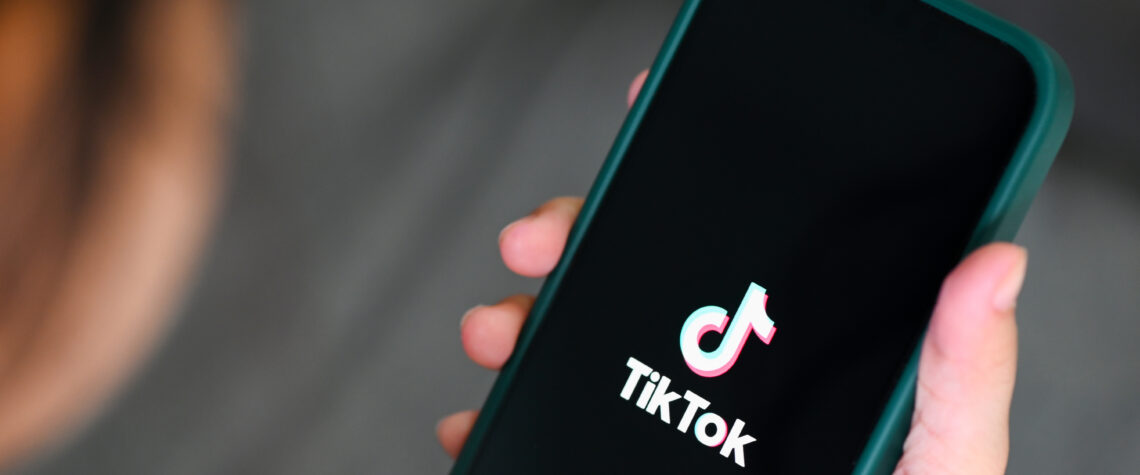When XX-XY Athletics joined TikTok earlier this year, the American-owned sportswear company hoped its posts would inspire young women and girls to compete in sports.
“If you think girls’ and women’s equality matter, stand up,” urged one of their advertisements on the social media site. “If girls’ and women’s sports matter and you want your daughters to have the same opportunity you had, stand up.”
After posting the advertisement, however, the small business faced something that has become all too common on Big Tech platforms: far-left, anti-women censorship. Within days of posting the ad, TikTok banned XX-XY Athletics from advertising on their platform, claiming that the company’s post was “offensive” and “hate speech.”
The ban marked just the latest example of TikTok’s censorship of pro-women’s sports content. Just last year, the company removed a post from Tennessee’s Riley Gaines, a former NCAA swimmer who has spoken out against biological men competing in women’s sports.
While TikTok—whose parent company is closely tied to the Chinese Communist Party—censors pro-women content, the platform has left disturbing content unchecked, including sponsored posts that glorify transgender surgeries for young people.
No doubt, every Tennessean and American should be concerned that the Chinese-tied platform is censoring pro-women voices while pushing far-left propaganda. That’s why, this month, Senator Ernst and I sent a letter to TikTok CEO Shou Zi Chew demanding answers and documentation regarding the company’s censorship of pro-women content.
Unfortunately, much more needs to be done to hold TikTok accountable—especially for harming children.
Just this month, internal communications, revealed through a lawsuit brought by the Kentucky Attorney General’s Office, show that TikTok executives designed their app to keep children addicted to endless scrolling—regardless of the consequences.
According to one document, the platform learned that on average users develop an addiction after just 35 minutes on the app. In another, TikTok acknowledged that such addictive behavior leads to mental health issues, including “loss of analytical skills, memory formation, contextual thinking, conversational depth, empathy, and increased anxiety,” according to the lawsuit.
In response, TikTok developed features to allegedly combat addiction, including automated messages that suggest users take a break from scrolling after a certain amount of time on the app. In private, however, TikTok executives admitted that the features did not work. Instead, they believed the measures would improve the company’s public image.
As one executive put it, the features are “useful in a good talking point” but “not altogether effective.”
To make matters worse, while TikTok fostered addiction among children, the platform knowingly fed self-harm and eating disorder content to minors and failed to remove content that promoted drug abuse, pedophilia, physical and sexual abuse of minors, and the solicitation of minors for sex, according to the suit.
In response to these shocking revelations, I sent a letter this month to TikTok requesting all of the company’s internal communications and research regarding children’s safety to understand the full scope of the platform’s failures.
Between its free speech censorship and harm to children, it is far past time that TikTok was held to account. In the Senate, I am working to ensure that happens.
Tennessee United States Senator Marsha Blackburn and her husband Chuck live in Williamson County, Tennessee. They have two children, Mary Morgan (Paul) Ketchel and Chad (Hillary) Blackburn, two grandsons, and a granddaughter.












